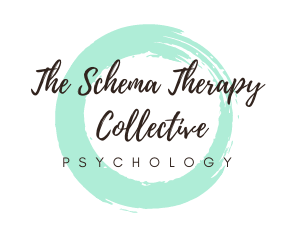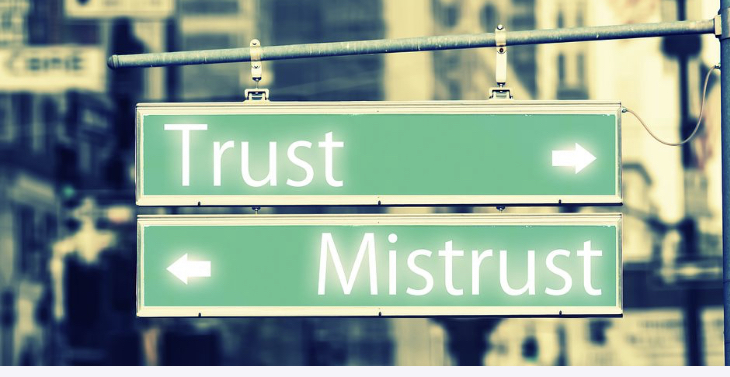I recently watched This is Paris, a documentary about Paris Hilton now showing on YouTube. It’s a fascinating and sad story about what drives Paris Hilton to be the person she is. Paris is mostly know as an uber famous glamour girl and extremely wealthy business woman but she also has a history of childhood trauma and intimate partner abuse.
What I saw underneath the shiny and relentless world of work that Paris seems to be, was a lot of evidence of the mistrust & abuse schema. Paris is always on guard. There were scenes were she placed surveillance cameras to film her new boyfriend in her home when she was away, Paris showing her discarded a laptop pile made up of each laptop she stops using every time she has a new relationship and a lot of Paris never showing her true self or being able to lean into true connection with others.
The mistrust & abuse schema is the pattern that leads you to expect that others will hurt, abuse, humiliate, cheat, lie, manipulate, or take advantage of you. It is a belief generally built through childhood experiences and your vulnerable part now holds the pain of this schema. When you have this schema you tend to always be on guard, you may question others motives or anticipate that they will hurt you in some way, even if they seem nice. If you are often labelled aloof, you might have this schema.
People who have this schema tend to have had experiences where they haven’t been able to fully trust the adults in their lives. They may also have experienced traumatic abuse. Some people learn their mistrust schema from a parent who also has it.
Of course some level of mistrust is adaptive, trusting everyone is not safe and a small percentage of people can’t be trusted. But in people with the mistrust & abuse schema, the sense of people being untrustworthy is pervasive. It makes it difficult for them to truly bond, feel safe and connect with other people and this means they can’t get their core emotional needs met. They may even set tests for people to see if they can be trusted or keep evidence of lists almost keeping score of wrong-doings.
While it is totally understandable if you have developed the mistrust & abuse schema, it is a schema that can make it very difficult to have good relationships and connect with others. Therapists work to heal this schema in people so they can benefit from closer and more fulfilling relationships and give up the exhausting habit of constantly being on guard.
If you are in therapy for this schema the goal is for you to develop a spectrum of trust which people belong on. You will learn to reduce your reliance on unhelpful coping modes while building your Healthy adult mode. The Healthy adult mode will help coach you that most people are trustworthy, rather than thinking most people are untrustworthy. You learn how to stop being suspicious with those you can trust.
For more about how to heal the mistrust & abuse schema you may find the chapter “I can’t trust you” in Reinventing Your Life by Jeffrey Young & Janet Klosko helpful.


